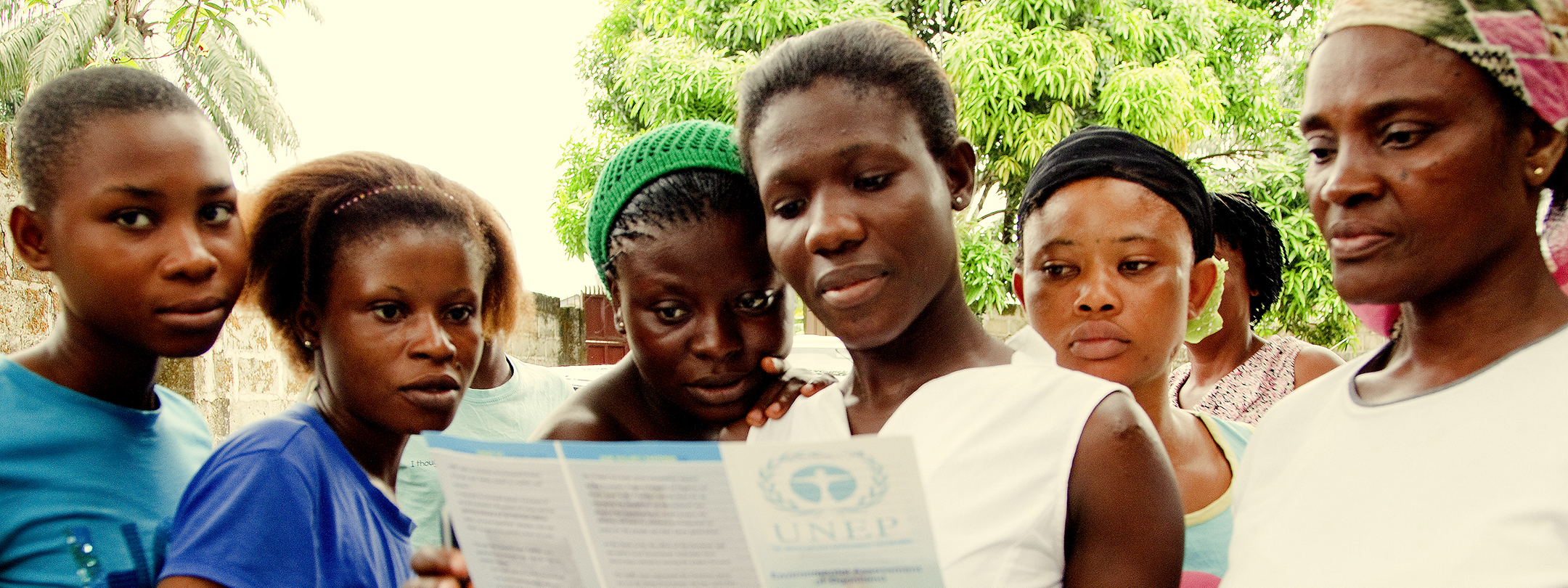Conflict Sensitivity and Conservation: Evaluating Design, Implementation & Practice
Publisher: Kennesaw State University
Author(s): Amanda S. Woomer
Date: 2018
Topics: Conflict Causes, Monitoring and Evaluation, Programming
This dissertation investigates the use of a conflict sensitivity framework in supporting environmental conservation work. Employing an action research methodology, it consists of a multi-phase evaluation of the design and implementation of Conservation International’s (CI) Environmental Peacebuilding Training Manual. Through needs assessment, formative evaluation, and outcome evaluation phases, the dissertation explores questions related to what conflicts conservation practitioners face; what form a relevant, accessible, and effective conflict sensitivity framework might take; and what effect such a framework might have on the knowledge, attitudes, capacities, and actions of conservation practitioners. The findings indicate that conservation practitioners face a variety of conflicts stemming largely from their engagement with stakeholders, and that a conflict sensitivity framework is likely to be useful in responding to those conflicts. However, if conflict sensitivity is to have a sustainable impact on environmental conservation work, more must be done to support its integration. This includes: clarifying key concepts such as the difference between peacebuilding and conflict sensitivity, further defining how and when a conflict sensitivity framework should be used, ensuring a framework’s adaptation to the context and needs, and reinforcing the development of conservation practitioners’ capacity through ongoing guidance and applied practice. As a collaborative, action-oriented research project, this dissertation also includes a reflection on and recommendations about how to best take advantage of opportunities and address challenges associated with academic-practitioner research partnerships.
